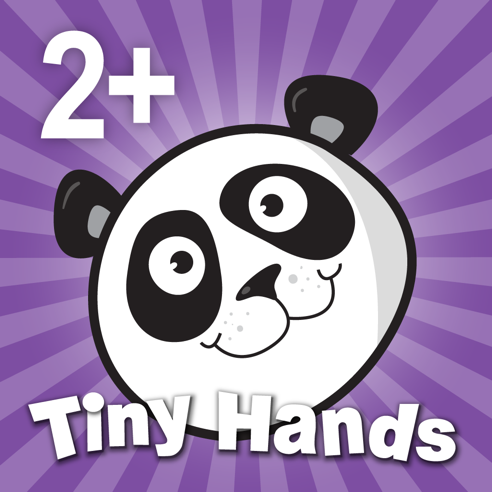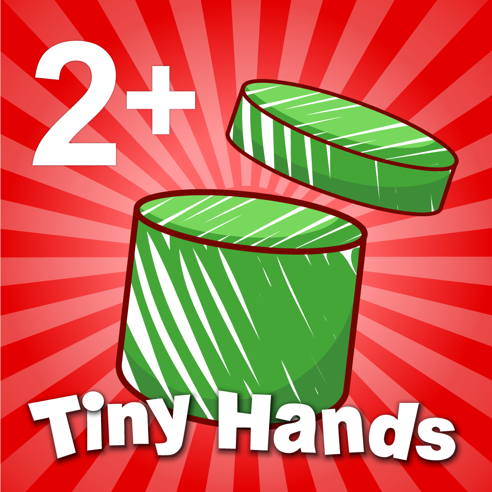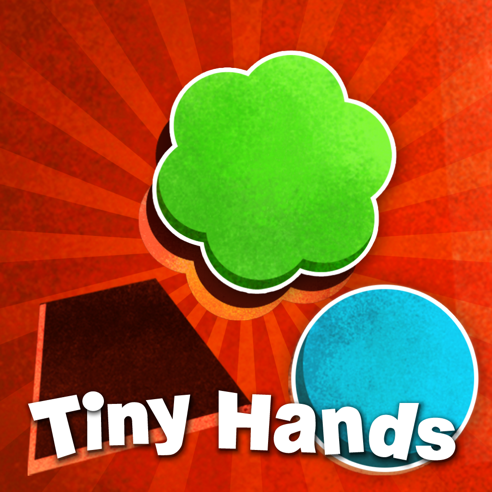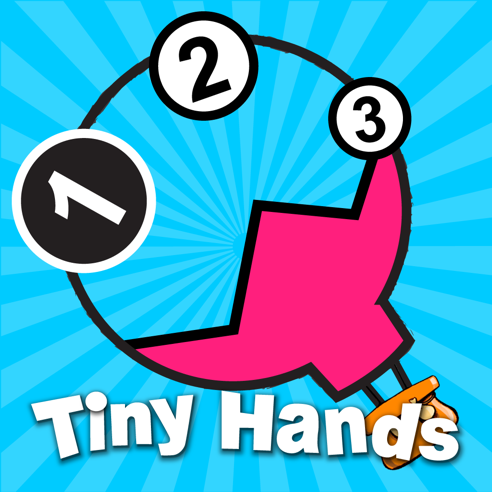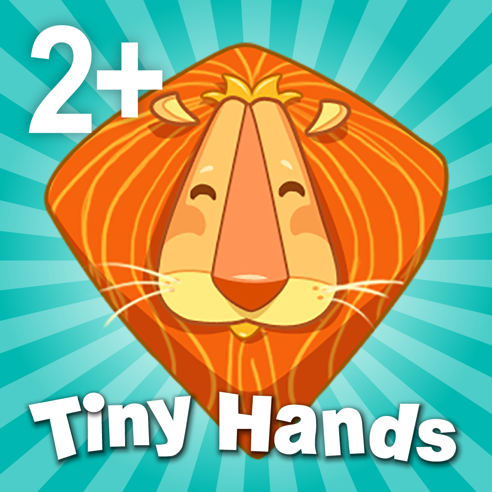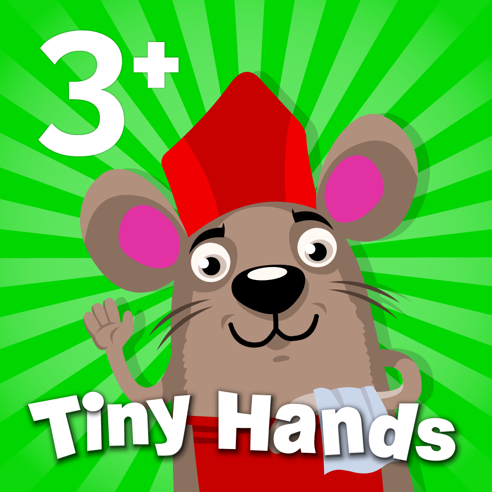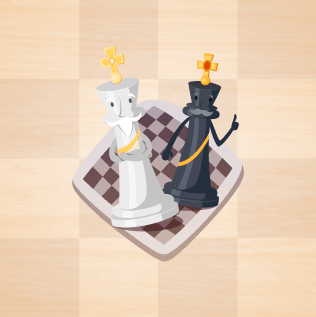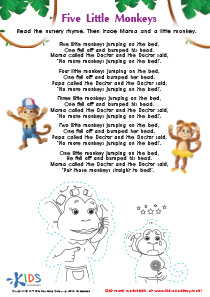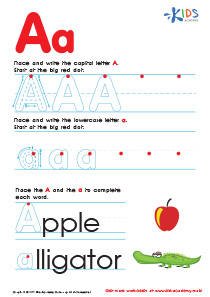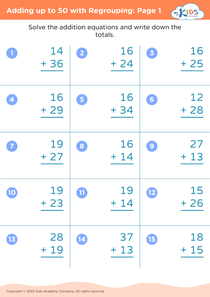Chess Games & Puzzles for Kids Games for 3-Year-Olds
1 results
Introducing our enchanting collection of Chess for 3-Year-Olds, designed to introduce the timeless game of chess to young minds in the most delightful manner. Crafted with vibrant colors and engaging characters, our range includes interactive chess games tailored specifically for preschoolers. These games simplify chess concepts, making them easily understandable for little learners. Currently available in interactive formats, we're excited to announce that soon, these captivating chess adventures will also be accessible online. Embark on a magical journey of strategy and fun with our Chess for 3-Year-Olds, the perfect introduction to the world of chess for your little ones.
Chess for 3-Year-Olds: A Gateway to Brighter Futures
In a world brimming with fast-paced technologies and fleeting attention spans, the ancient game of chess emerges as a beacon of intellectual development and strategic thinking. Particularly, when introduced to young minds, the benefits of chess are manifold. However, the concept of teaching chess to toddlers might seem daunting at first glance. Enter the innovative realm of Chess for 3-Year-Olds, a meticulously designed platform that turns this seemingly complex game into a delightful adventure for the youngest of learners.
The Essence of Chess for 3-Year-Olds
Chess for 3-Year-Olds is not merely a game; it's a carefully crafted educational tool designed to engage, entertain, and educate children in their formative years. Through a combination of interactive and soon-to-be web-accessible games, this platform is revolutionizing how we introduce the concepts of chess to toddlers. The games are tailored to suit the cognitive abilities and learning paces of 3-year-olds, ensuring that each child feels both challenged and accomplished.
Why Chess for 3-Year-Olds?
-
Cognitive Development: Chess is a gymnasium for the mind. Playing chess from a young age, even in its simplified form for toddlers, fosters critical thinking, improves memory, and enhances problem-solving skills. The strategic aspect of chess encourages children to think ahead, consider consequences, and evaluate multiple outcomes.
-
Emotional Intelligence: Chess for 3-Year-Olds also plays a crucial role in the development of emotional intelligence. It teaches patience, resilience, and the importance of perseverance. Children learn to deal with setbacks in a controlled environment, developing coping mechanisms that are valuable in real life.
-
Enhanced Academic Performance: Studies have shown that children who engage in chess exhibit improved performance in math, reading, and science. The skills acquired through playing chess, such as pattern recognition and logical reasoning, have direct applications in academic disciplines.
-
Interactive Learning: The interactive nature of Chess for 3-Year-Olds ensures that learning is fun and engaging. Through animated characters, vibrant colors, and captivating gameplay, children are drawn into the world of chess without feeling overwhelmed. This playful approach to learning ensures that children associate learning with pleasure, fostering a lifelong love for intellectual pursuits.
-
Accessibility: With plans to make these games available on the web, Chess for 3-Year-Olds is set to become more accessible to children worldwide. This expansion means that the benefits of chess can reach every corner of the globe, providing children with the opportunity to learn, grow, and develop their skills from the comfort of their homes.
In Conclusion
Chess for 3-Year-Olds stands as a testament to the timeless value of chess, adapted for the digital age and the developing minds of young children. By integrating educational strategies with interactive gameplay, this platform not only introduces children to the world of chess but also equips them with skills that will serve them well throughout their lives. As we look to the future, Chess for 3-Year-Olds offers a promising pathway for the holistic development of children, shaping them into thinkers, leaders, and innovators of tomorrow.
